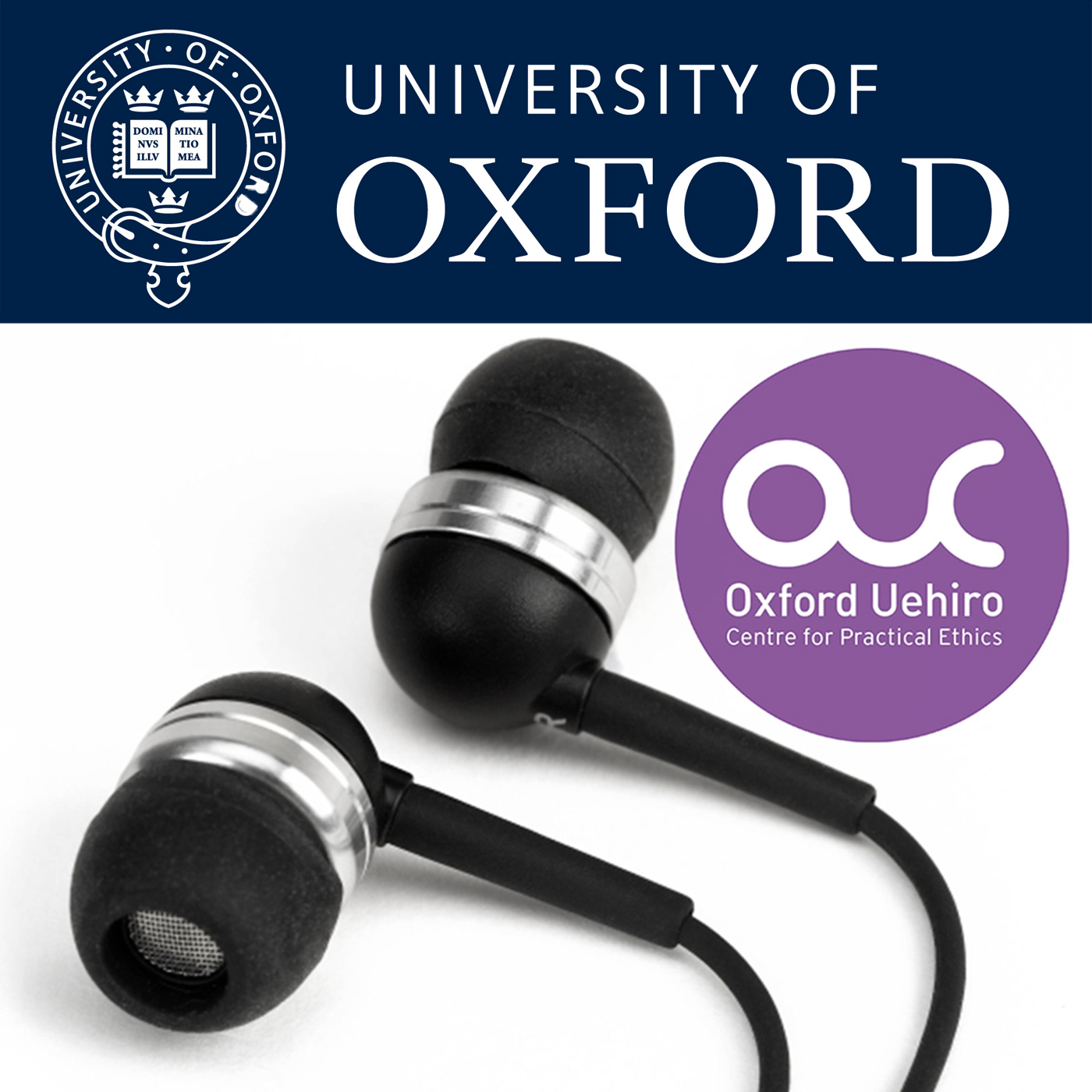Political Bioethics
Description
How should members of a liberal democratic political community, open to value pluralism, decide bioethical issues that generate deep disagreement? Reasoned debate will not often generate an answer equally accepted to all participants and affected persons. One political means of reaching binding because authoritative decisions are majoritarian democratic institutions. Its core feature is proceduralism, the notion both that no rule is acceptable apart from a formal method, and that the acceptable method yields an acceptable rule; a rule is acceptable by virtue of being the outcome of an agreed-upon procedure. This approach is distinctly political and presupposes values such as legitimacy, order, stability, individual freedom, equality, and toleration of difference. Although not value neutral, it makes agreement and collective action possible in ways that bioethics oriented principally on pre-political ethical and moral values cannot. I demonstrate the usefulness of this approach with several examples.
More Episodes
Professor Predrag uses a comparison of money and morality to explore the mutual relationship between morality and personality. To clarify the tension that exists between morality and personality, Cicovacki opens his talk by comparing the development of the money economy and morality. Money and...
Published 11/09/23
Professor Mark Coeckelbergh considers whether AI poses a risk for democracy n this St Cross Special Ethics Seminar Cases such as Cambridge Analytica or the use of AI by the Chinese government suggest that the use of artificial intelligence (AI) creates some risks for democracy. This paper...
Published 03/13/23
Published 02/02/23


